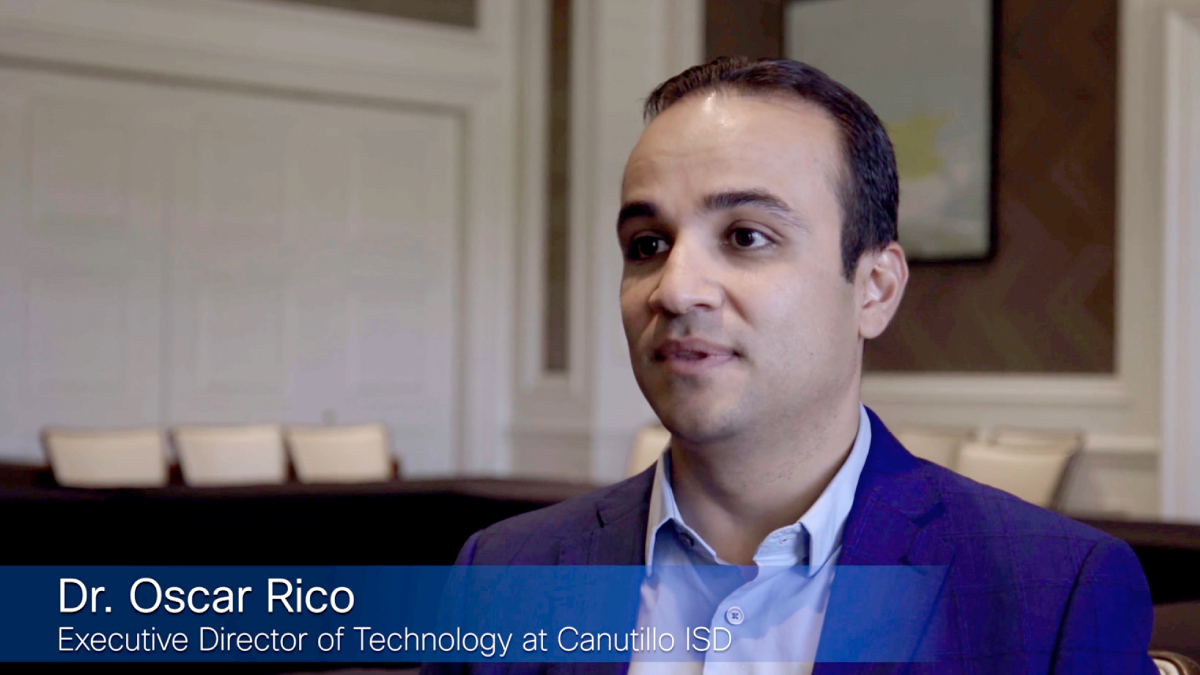SAN JOSE, Calif., May 8, 2006 - As companies expand to become global organizations, partner with others, and comply with regulatory rules, their networking needs become more complex. With the Cisco Systems® network virtualization features available in Cisco Catalyst® switches, High Tech Campus Eindhoven, Rice University and the Zurich Airport operator Unique were able to partition their campus networks with increased security to deliver customized services to employees, partners, and public visitors while reducing complexity and cost.
Cisco Catalyst Switching Series supports the Cisco Service Oriented Network Architecture (SONA) framework with network virtualization capabilities that enable network managers to partition a single physical network into many logical networks across multiple locations, increasing scalability of the network. Network virtualization uses tunneling and segmenting technologies to evolve beyond current virtual local area networks (LANs). In the past, enterprise network managers had to deploy multiple physical networks with redundant services to meet the needs of diverse groups accessing the network within the enterprise. With the Catalyst network virtualization features, various networks can be collapsed into a single physical enterprise network that scales to meet diverse business users requirements. For example, network virtualization is particularly useful for an outsourced consulting workforce, and for suppliers and customers that need access to certain data on the enterprise network and regulatory compliance.
Network virtualization can be achieved with three simple steps: Access Control, Path Isolation and Policy Enforcement. A number of different technologies are available on the Catalyst 6500 Series Switches to enable each step such as: NAC (Network Admission Control) and Identity Based Networking Services for access control, VRF-lite (Virtual Route Forwarding), GRE Tunnels (Generic Route Encapsulation) and MPLS (Multi-Protocol Label Switching) for path isolation, as well as, integrated services modules for policy enforcement. These solutions preserve the benefits of today's campus design while introducing the capability of partitioning the network into highly secure, virtual networks by overlaying partition mechanisms onto the existing LAN.
These solutions can address the problems associated with deploying services and security policies in a scalable and distributed environment. Whatever the size or security needs, enterprises today can enjoy the benefits of a virtualized campus network with many closed user groups, all on a single physical network.
"As our faculty research and student expectations have grown, so has our need to deploy safe, reliable Internet access," said William Deigaard, director of networking telecommunications and data center operations at Rice University, in Houston, Texas, which services approximately 6,500 employees and students on a central network. "We are employing the Catalyst 6500 to partition our network into multiple networks and apply unique policies to each. We use the network virtualization capabilities to manage and protect the campus network, including differentiating who people are and supporting visitors in the friendly, collegial fashion."
Cisco's Catalyst 6500 switches also allowed High Tech Campus Eindhoven in the Netherlands to build a single network that can be partitioned into multiple segments serving thousands of employees, partners, and guests. This has saved both time and money while providing a solution that easily scales to their needs. "Using the network virtualization features available on the Catalyst 6500 we are able to provide network access to visitors, and third-party vendors while saving resources and time," said Peter Linssen, IT manager at High Tech Campus Eindhoven.
"The Cisco Catalyst 6500 based network at Zurich Airport allows us to offer "carrier grade" network services to our Zurich Airport customers, including airlines, airport operations and additional services - a typical service provider technology - at the price point of an enterprise network." said Peter Zopfi, the head of communications engineering at Unique. Unique manages the Zurich Airport network in Zurich, Switzerland and offers network services to the various airlines and retail vendors on the airport premise.
"Customers can now easily scale and better manage their network partitioning across organizational boundaries with Cisco's Catalyst Switch Series. Network administrators now have the power to securely share resources on a single network across multiple virtual networks allowing business to be more agile and enabling them to react rapidly to changing business and customer needs. "said Zeus Kerravala, vice president of enterprise infrastructure, Yankee Group.






